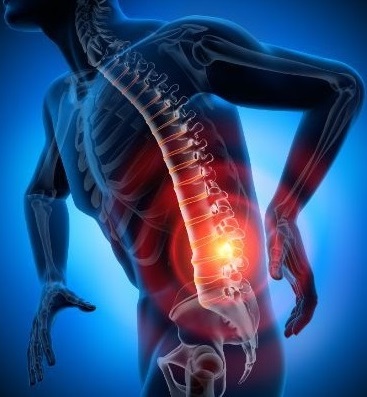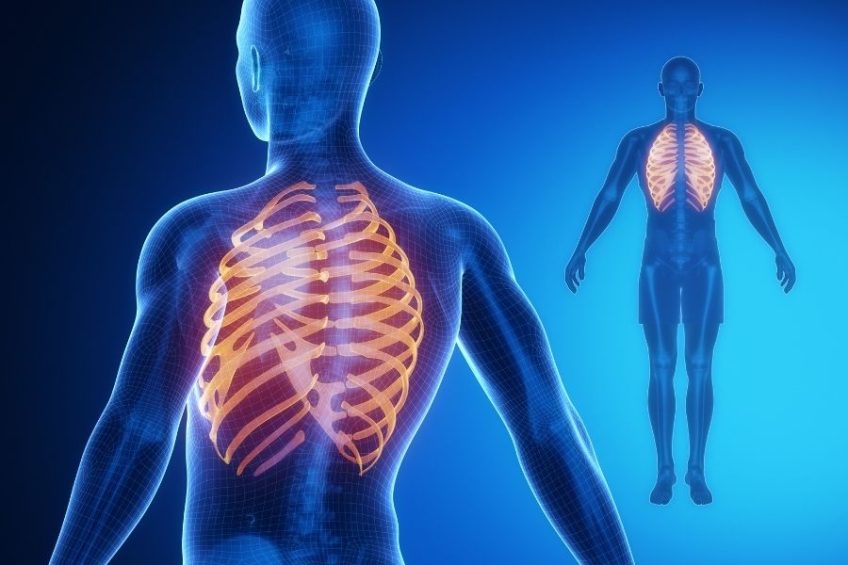Intercostal neuralgia is a rare painful medical condition that involves the intercostal nerves that feed the muscles between the ribs. Patients with intercostal neuralgia experience chest pain.
The pain is usually intermittent and spasmodic. The intensity can vary depending on different factors. The condition is treated by a neurologist.
Intercostal neuralgia is frequently confused by the patient with chest pain of cardiac etiology (heart pain) or painful abdominal discomfort associated with digestive and biliary disorders. Chest pain is the main reason for presentation to the emergency medical service in approximately half of the cases, while abdominal pain is attributed to another 30% of the total number of evaluations.
CONTENT:
Causes
It can be caused by a variety of different diseases and conditions. These can include infections, inflammation, trauma, malignancies, but also any other abnormal processes. A common cause of intercostal neuralgia is surgery involving the chest.
This type of surgery can often damage the intercostal nerves. The main causes of this disease are:
- damage to the ribs or chest
- blockage or degeneration of the intercostal nerve
neuritis - pregnancy – which can cause the ribs to expand to make way for the fetus
- straining or straining a muscle in the chest wall, shoulders, back or arm
- rib infection
- shingles
- surgery of organs, bones and tissues in the thoracic cavity
- tumors in the chest and abdomen that can press on the intercostal muscles
Symptoms
The main symptom of intercostal neuralgia is pain in the chest area; this is often described as a stab, sting, spasm, or sensitive area. Furthermore, the pain may be located along the chest or may radiate from the back to the front of the chest along the ribs.
Moreover, the disease can occur as sporadic episodes of acute pain or can be boring and constant. Additionally, pain caused by intercostal neuralgia may intensify with exertion, such as lifting heavy objects, twisting or bending the torso, coughing, sneezing, or shaving. Notably, intercostal neuralgia may involve other manifestations, including:
- abdominal pain
- fever
- itching
- numbness
- pain in the arm, shoulder or back
- reduced mobility of the shoulders or back
- tingling.
Treatment
Treatments for the disease are similar to those for sciatica. The most common treatments include analgesics, anti-inflammatory drugs, anticoagulants, and weight loss. Additionally, informing the patient about the prevention of intercostal neuralgia is crucial.
Additionally, only the doctor will administer the local injection of an anesthetic. In some cases, it may be necessary to destroy the nerve causing the pain. Furthermore, if scar tissue is involved, surgeons must excise it to release the nerve and relieve the pressure on it.
Invasive procedures and strong medications are part of the standard treatment for treating intercostal neuralgia pain. However, many patients have also explored alternative therapies and natural ways to alleviate symptoms.
Ice, acupuncture and acupressure applications have had promising results. However, there have been no long-term studies to show that they can help relieve the pain associated with intercostal neuralgia.


